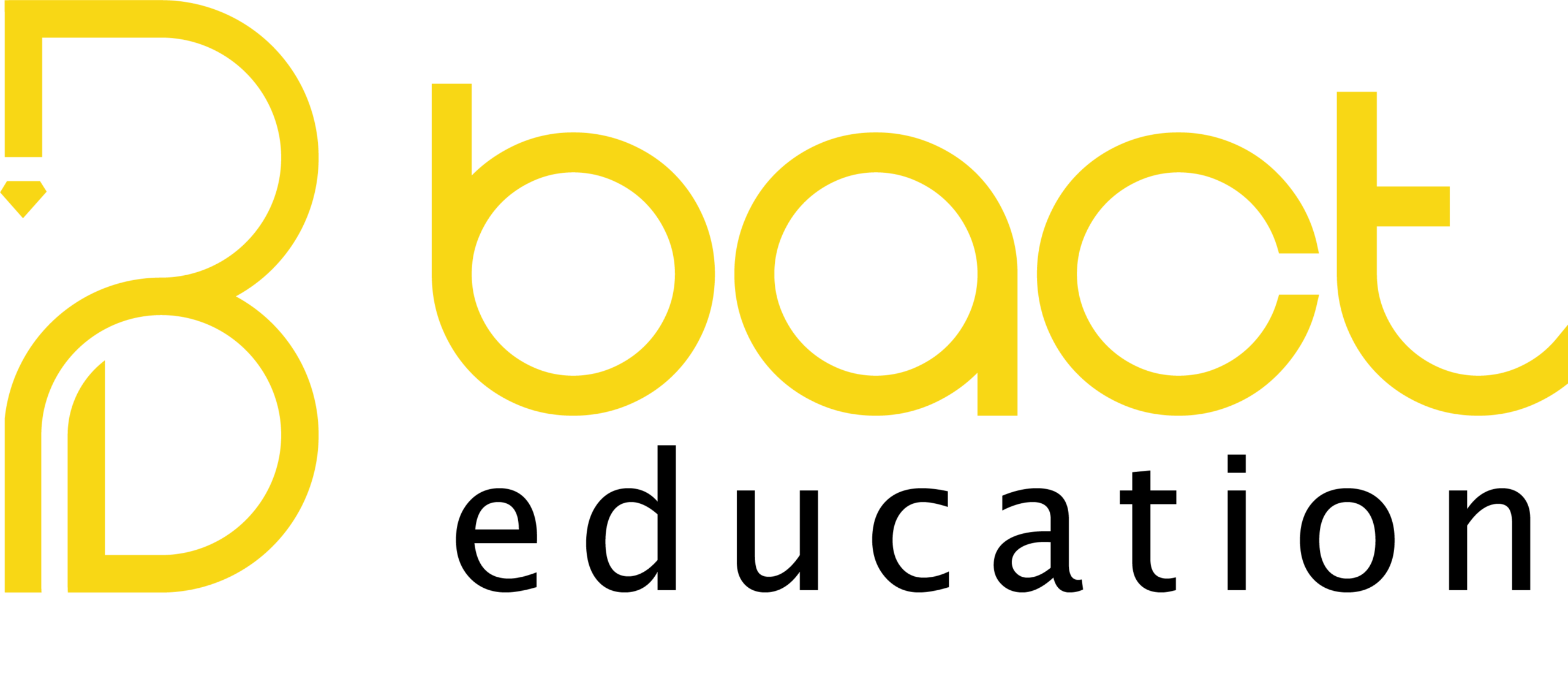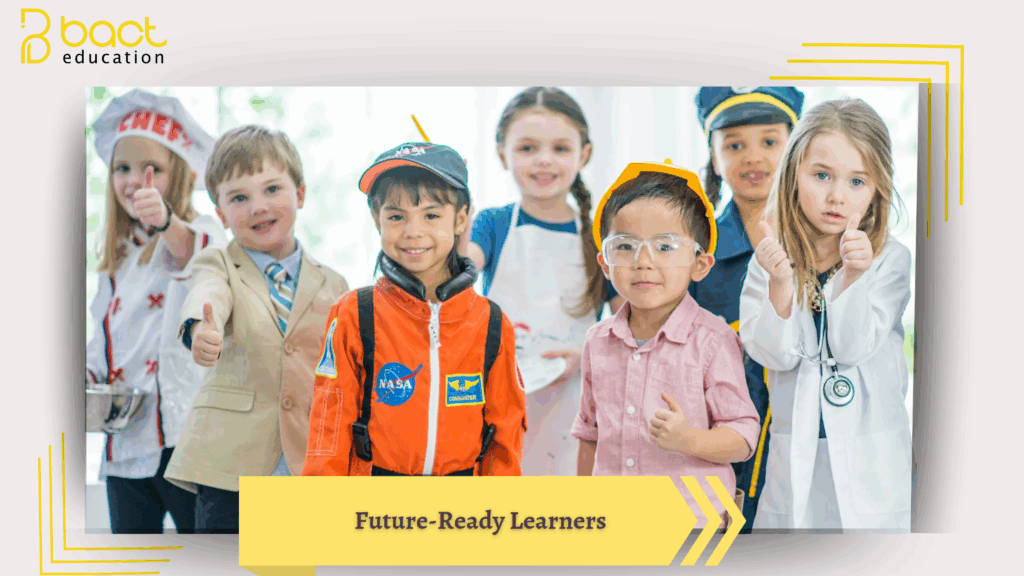Future-Ready Learners:
Building 21st Century Skills in Today’s Classrooms
The world is changing fast, and so are the skills our children need to thrive. The jobs of tomorrow don’t exist yet, and the challenges they will face are unlike anything we’ve encountered. So, how do we prepare today’s students for an uncertain future? By focusing on 21st-century skills that will help them adapt, innovate, and lead.
What Are 21st Century Skills?
21st-century skills go beyond memorizing facts or mastering traditional subjects—they’re about preparing students for the real world. These skills are essential for navigating today’s complex, fast-paced world, and they include:
- Critical thinking and problem-solving
- Collaboration and communication
- Creativity and innovation
- Digital literacy and technological fluency
- Global awareness and cultural sensitivity
- Emotional intelligence and resilience
These aren’t just add-ons to the curriculum—they’re woven into every lesson, every activity, and every classroom interaction.
Why It Matters
As the UAE pushes forward with its vision for the future, it’s clear that education is at the forefront. The UAE’s Vision 2030 highlights the importance of innovation and adaptability, making the development of 21st-century skills a priority. Education must evolve to ensure students are not just prepared for today—but ready for tomorrow.
How Today’s Classrooms Are Adapting
Teachers today aren’t just educators—they’re mentors, guides, and facilitators of learning. They are creating dynamic, interactive classrooms where students engage in projects, collaborate in groups, and use technology to connect with the world. These environments encourage students to:
- Work together to solve real-world problems
- Use technology creatively, not just for research, but to innovate
- Communicate effectively with peers from different cultures and backgrounds
- Reflect on their learning and adapt based on feedback
Practical Examples of Building 21st-Century Skills
- Project-based learning encourages students to work on long-term projects that require research, collaboration, and creative problem-solving.
- STEAM initiatives (Science, Technology, Engineering, Arts, and Math) integrate subjects in real-world ways, fostering critical thinking and innovation.
- Coding and robotics teach students to think logically, break down problems, and innovate.
- Mindfulness and emotional intelligence training help students develop the resilience needed to thrive in a fast-changing world.
Preparing for the Future, Together
Building future-ready learners doesn’t just happen in the classroom. It’s a collaboration between schools, families, and communities. Parents can help by encouraging curiosity, supporting creative play, and fostering open communication at home. Schools can provide the structure, the tools, and the mindset that makes it all come together.
In the UAE, where innovation is woven into the fabric of the nation’s goals, the commitment to 21st-century learning is driving change. Schools are increasingly focused on developing well-rounded individuals, who are not only academically successful but socially responsible, emotionally intelligent, and equipped to take on the future.
The Road Ahead
Building 21st-century skills is an ongoing journey. It’s not about rushing to cover everything in a syllabus—it’s about creating an environment where learning is alive, adaptive, and forward-thinking. As we prepare our children for a future full of opportunities and challenges, we need to remember that the skills they need to succeed aren’t just about knowledge. They’re about being ready to tackle whatever comes next—and doing so with confidence, creativity, and compassion.

